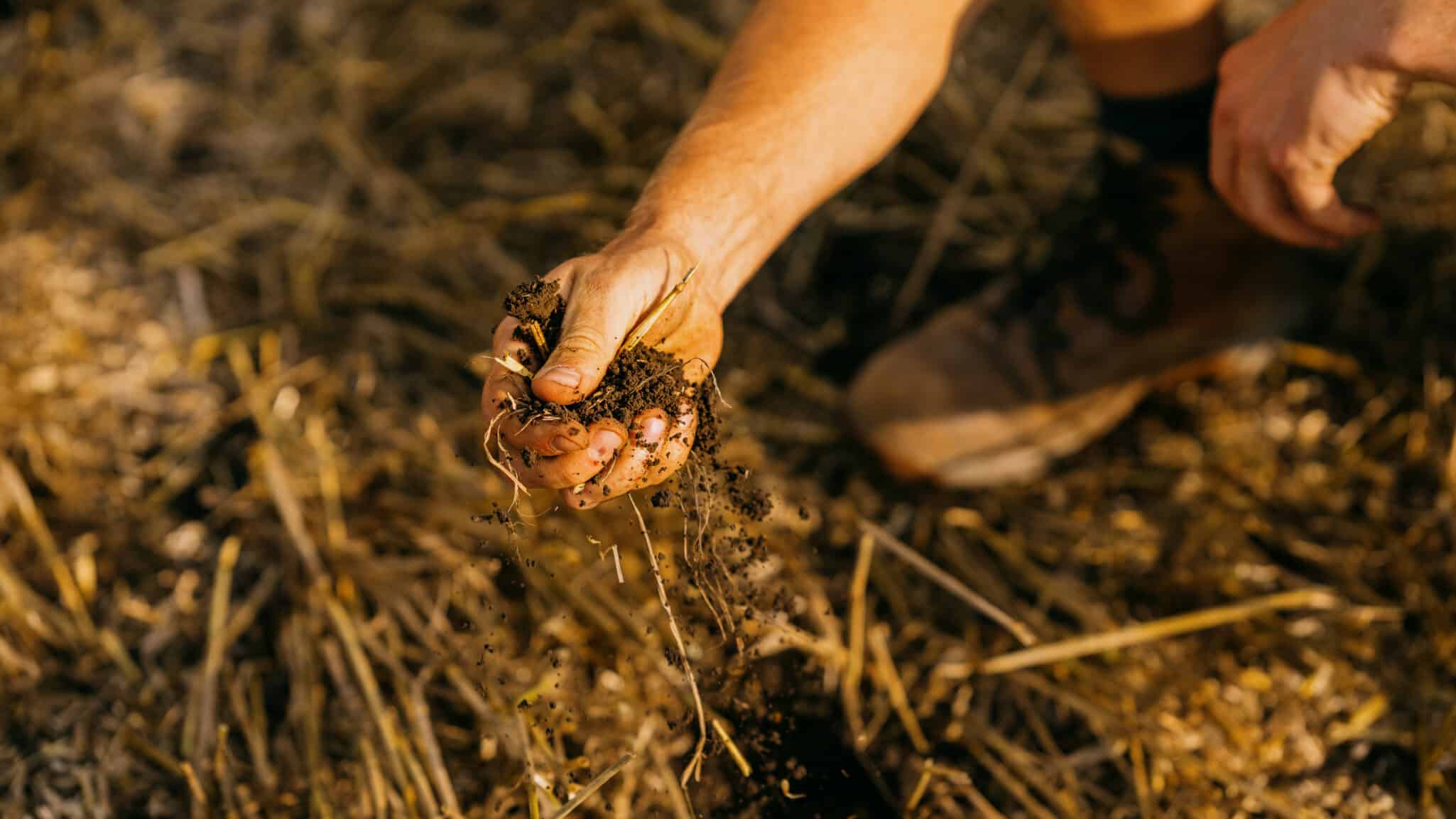Key Takeaways
- Agreena conducted farmer surveys at Groundswell 2025 to assess attitudes toward regenerative agriculture.
- 71% of surveyed farmers are either practicing or strongly considering regenerative practices.
- New entrants into farming view regenerative agriculture as a starting point rather than a shift.
- Peer-to-peer education and economic pressures remain significant barriers.
- Agreena aims to support the transition through tailored programs and tools.
Rising Adoption and Enthusiasm for Regenerative Agriculture
Agreena Farmers Survey Highlights Ongoing Transition
At the 2025 Groundswell event, Agreena surveyed a diverse group of farmers to better understand how regenerative agriculture is perceived and practiced in the face of mounting environmental and economic pressures. The findings reflect both growing momentum and lingering obstacles for the industry’s transition.
According to Agreena, 71% of respondents indicated that they are either currently adopting or actively considering regenerative agricultural practices. Farmers at the event noted that adopting new regenerative techniques has become a regular part of their operational planning, with many emphasizing incremental change over radical overhaul.
Some participants viewed regenerative agriculture not as a shift but as a natural entry point. This sentiment was particularly common among newer farmers. Their perspective suggests a generational opportunity for regenerative practices to become embedded from the outset rather than retroactively adopted.
Education and Confidence Key to Scaling Adoption
Cultural and Generational Gaps Remain
Despite the positive outlook, barriers to widespread adoption remain. A recurring theme among surveyed farmers was the lack of access to peer-to-peer education. Several noted that the biggest impediment to neighboring farms adopting regenerative practices was a lack of awareness or training.
“There’s still a generation gap in farming,” said one respondent, “with a huge reluctance to change how practices are done.” Others advocated for greater urgency, calling on peers to act despite uncertainty: “Farmers just need to go for it.”
Roberta McDonald, Head of Programme at Agreena, emphasized a step-by-step approach: “It is more common that farmers are doing conventional practices because that’s how people were trained. However, now that we know more, we realize there’s a different way to do things.”
Economic Concerns Still a Major Factor According To Agreena
Farmers Balance Profitability and Long-Term Progress
While many farmers expressed a strong desire for sustainable practices, short-term financial pressures remain a deciding factor. The survey found that 86% of respondents are either concerned about farm ROI or seeking new ways to monetise their operations.
“It’s tough for us financially and profit has to be my number one consideration,” one farmer remarked. “If you’re not in profit, someone will always be ready to take your farm.”
Yet even with these challenges, the underlying sentiment was hopeful. As another participant concluded, “For me, regenerative farming is a win-win.”
Agreena’s Approach: Turning Uncertainty into Opportunity
Ongoing Support for Regenerative Transitions
Thomas Gent, Regenerative Farming Lead at Agreena, summed up the findings: “The appetite for regenerative agriculture is real, but the roadblocks are just as clear: education, economics, and trust. Those who truly commit don’t look back – they become more resilient, more confident, and happier in their work.”
Through ongoing engagement, tools, and programmatic support, Agreena continues to assist farmers on the first—and often most difficult—steps of the regenerative journey. The company believes that addressing both structural and cultural barriers will be critical to achieving broader transformation in global agriculture.




3 Comments